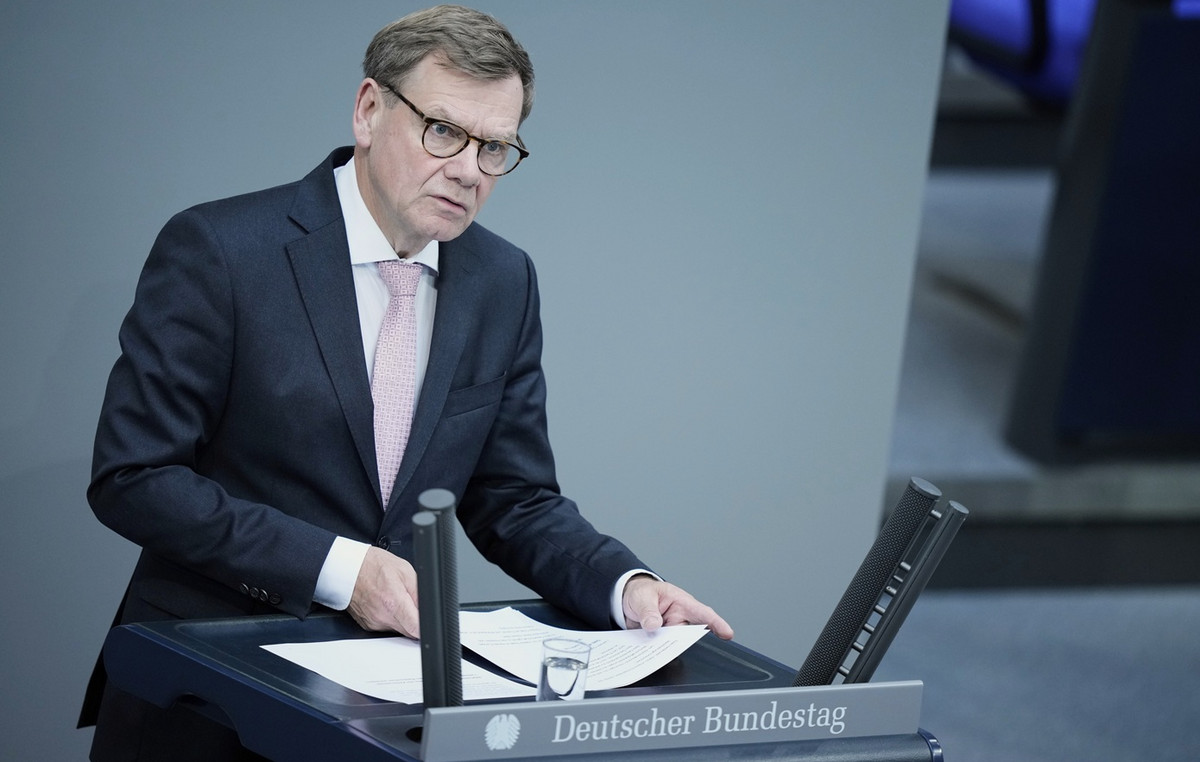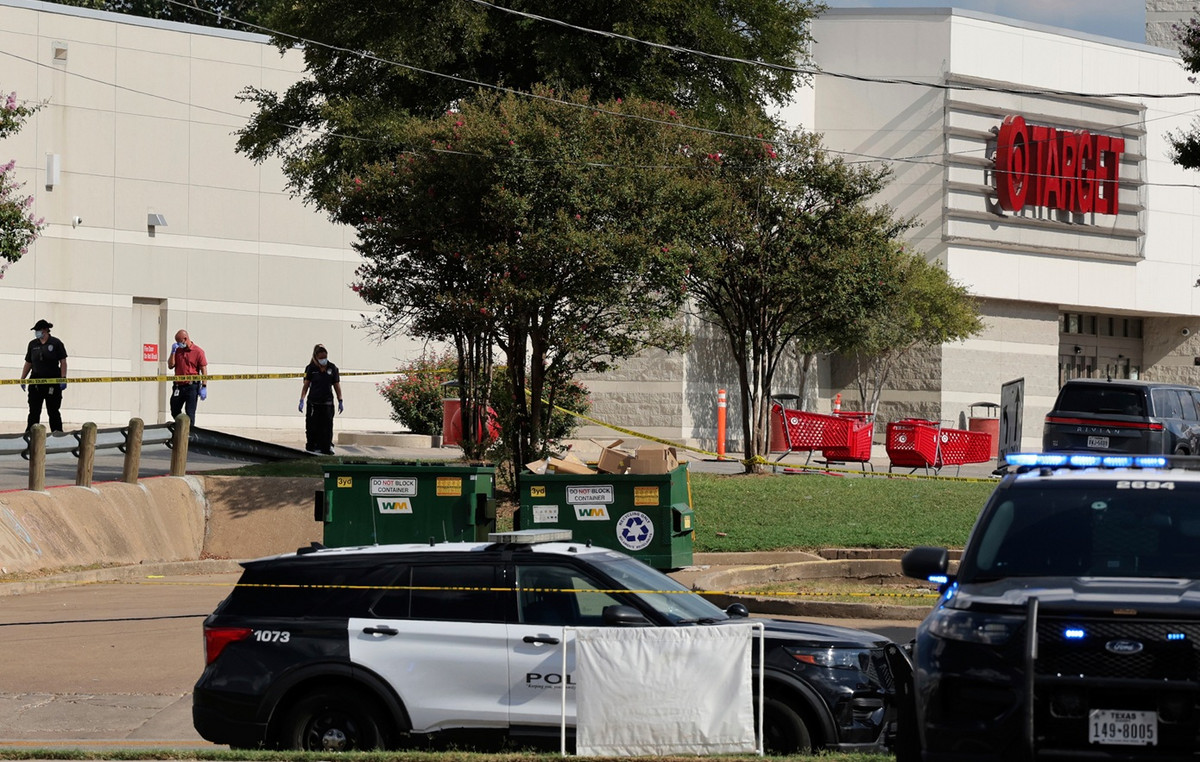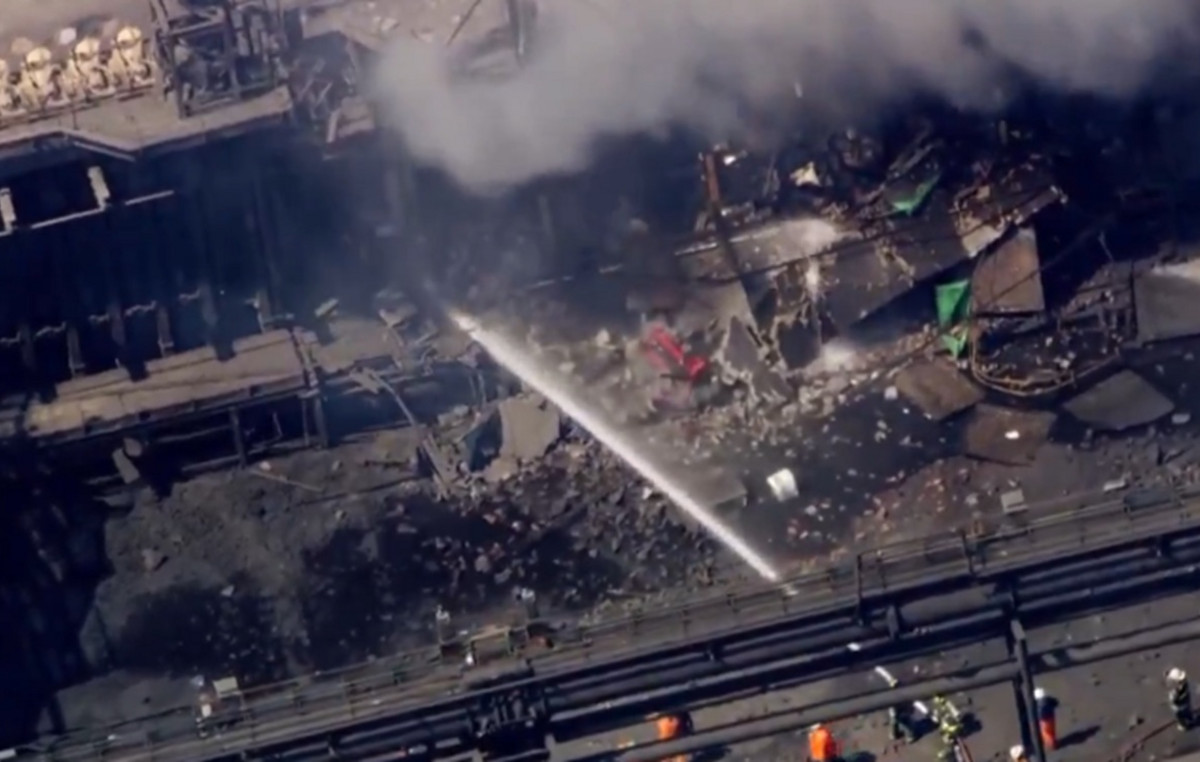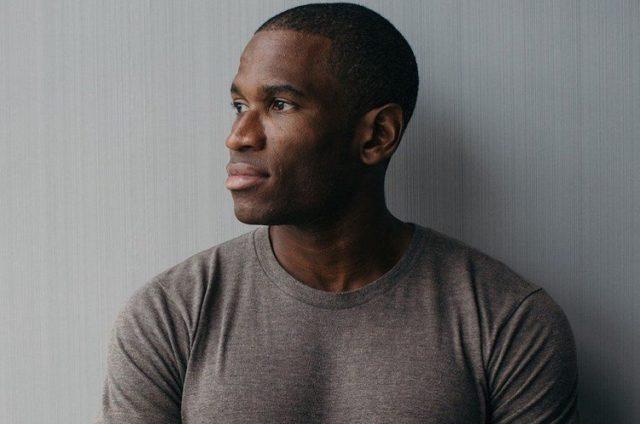The 14th BRICS Summit will be held this Thursday (23), a bloc that brings together, in addition to Brazil, Russia, India, China and South Africa. The meeting will be held virtually, chaired by the Chinese government. This year, the theme of the meeting is: “Promoting high quality BRICS partnership and ushering in a new era for global development”.
President Jair Bolsonaro (PL) is expected to attend the opening ceremony of the summit. According to the Brazilian government, the event was advertised as “an opportunity for member countries to work to promote the spirit of openness, inclusion and win-win cooperation, in addition to strengthening practical cooperation in all fields and embarking on a new journey of group partnerships.
This will be the first time that Russian President Vladimir Putin will attend an event with leaders of the largest emerging economies since the start of the Ukraine war on February 24 this year. It is an opportunity for Putin to show that he is not an “international pariah” as US President Joe Biden said he would become.
According to Sushant Singh, a senior fellow at the Center for Policy Research (CPR) in New Delhi, “we are talking about some very important economies whose leadership is willing to be seen with Putin, even if it is only on a virtual platform.”
While countries may argue that involving Russia is better than leaving it out, the optics only become sharper in contrast.
Days after the BRICS summit, it will be the turn of the G7 meeting, a group that brings together the richest and most industrialized countries in the world. These include the United States, Japan and the United Kingdom.
Unlike the G7, the BRICS are expected to tread carefully on the Ukraine issue, likely speaking in favor of a peaceful resolution, even as its members may carefully ask Western countries to examine the impact of their sanctions on the global economy.
In a video speech to participants at the BRICS Business Forum on Wednesday, Putin said Russia was discussing increasing the presence of Chinese cars in the Russian market, as well as opening up Indian supermarket chains.
“In turn, Russia’s presence in the BRICS countries is growing. There has been a notable increase in Russian oil exports to China and India,” Putin said.
Also at Wednesday’s event, Chinese President Xi Jinping said the bloc is an important platform for cooperation for emerging markets and developing countries, and that “BRICS cooperation has entered a new high-quality stage of development.”
According to the Chinese government, it is necessary “to cover economic, political and people-to-people exchanges, aiming at broader and deeper cooperation of the BRICS, increase mutual political trust and intensify communication and coordination on major international and regional issues to jointly face common challenges. faced by humanity”.
Also according to a statement, the need to deepen “practical cooperation in all fields”, fully comply with the results of the summits and dialogue and cooperation with other emerging markets and developing countries, as well as international organizations, was reinforced.
Other topics that must be addressed include cooperation in the area of security, actions against Covid-19, economic recovery, education, anti-corruption mechanisms and the implementation of the 2030 Agenda for sustainable development.
opposing goals
Despite some common interests, the BRICS bloc has been plagued by issues of cohesion, given the huge differences in its members’ political and economic systems and their divergent geopolitical interests.
Furthermore, the complexities of Russia’s invasion of Ukraine could dampen any major outcomes from this week’s summit, even if — with the exception of Brazil — the group’s nations abstained from voting on a United Nations General Assembly resolution backed by 141 countries that asked Moscow to withdraw from Ukraine.
China, in turn, accused the North Atlantic Treaty Organization (NATO) of provoking Russia to attack Ukraine, while similar rhetoric circulated in public debate in India. In South Africa, President Cyril Ramaphosa earlier this year told lawmakers that the war could have been avoided if NATO had “heeded warnings” about the possibility of Ukraine joining its bloc.
In although Brazil voted to condemn Russia’s aggression against Ukraine at the UN, Brazilian President Jair Bolsonaro (PL) shied away – saying days earlier that the country would remain “neutral”.
Meanwhile, a long-standing source of friction remains unresolved: tensions between India and China, which in 2020 escalated into a violent border confrontation.
On the one hand, the BRICS have been a “way of securing some form of engagement with China” for India, according to Singh. That remains critical as New Delhi is wary of provoking Beijing, especially as it has partnered with the United States, Japan and Australia in its security group and is increasingly seen by the US as part of its strategy to fight China, he said. he.
But those ties also make India more reticent to support the key outcomes of this week’s summit.
“I would be surprised if any substantive initiatives were announced, because India would send a message to its western partners that it is willing to work closely with China and Russia,” Singh said. “That would make India’s position very complicated.”
Source: CNN Brasil
I’m Susan Karen, a professional writer and editor at World Stock Market. I specialize in Entertainment news, writing stories that keep readers informed on all the latest developments in the industry. With over five years of experience in creating engaging content and copywriting for various media outlets, I have grown to become an invaluable asset to any team.







